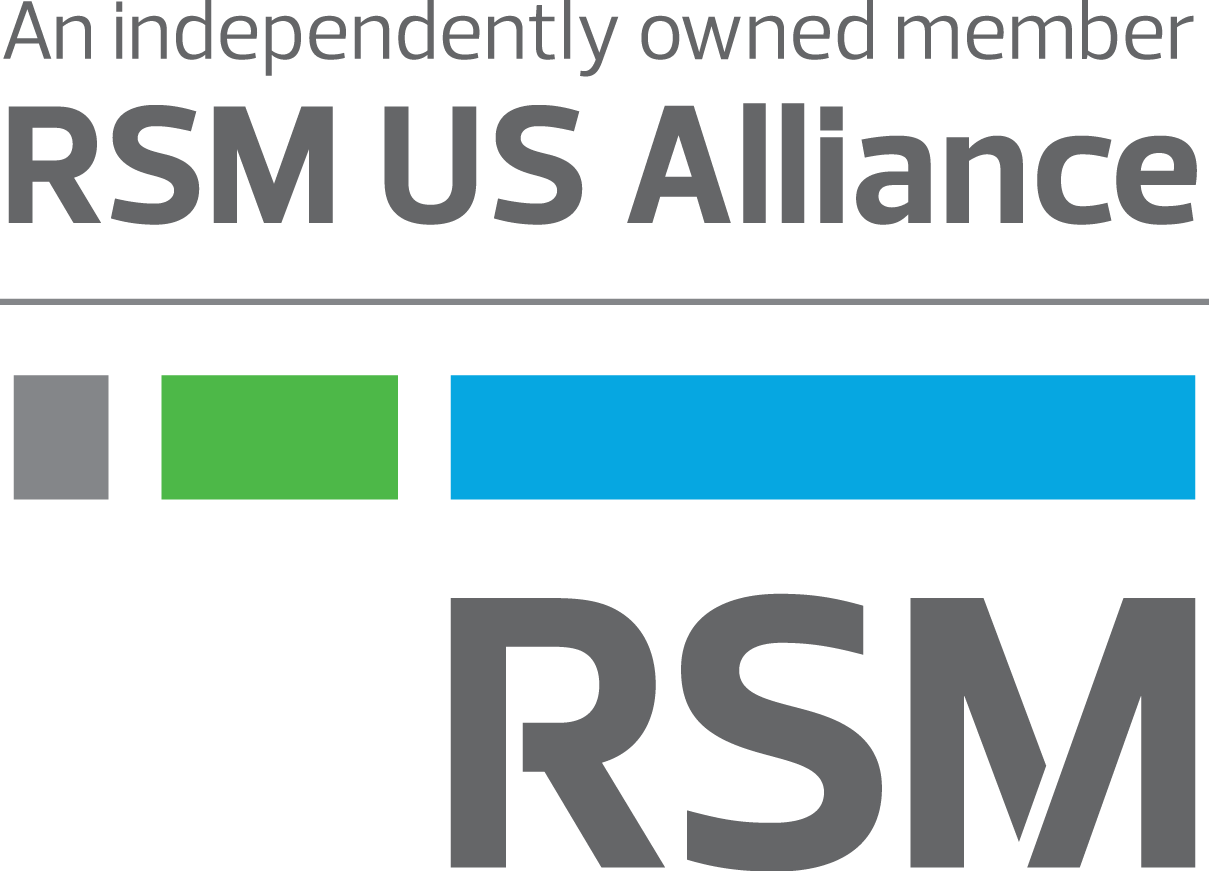
Expansion-stage tech: Growth remains paramount but new challenges emerge
ARTICLE | June 02, 2023
Authored by RSM US LLP
Your company is still growing, but in new and bigger ways. The complexities of your customers, markets and even your offerings are increasing, demanding that you make improvements and take new steps to secure a stable future while increasing the profit margin.
“Customer retention is key, even as a company pursues larger customers. Leadership teams may think, ‘We are okay losing smaller customers that helped us get to this stage.’ But retention numbers are often a primary factor of the company’s valuation.”
David Van Wert, M&A partner for middle market private equity investors, RSM US LLP
Key considerations for tech company success in the expansion stage
Much of what you need to do now involves having more specialized people and infrastructure in place while figuring out how to do much more at proportionately lower cost. Some of the key considerations are:
Sales and customer success
- Earlier stages might have involved a growth-at-any-cost mentality, but now it is critical to show that you are retaining your customers. Invest further in customer success, customer satisfaction and other related offshoots of your sales engine.
- Put additional effort into cross-selling and up-selling, as well as having a better grasp on your renewal forecasting.
- In earlier stages, you might just have a few salespeople who do everything. Now you should consider divvying that up into separate teams if you haven’t already done so—such as one for initiating/closing sales, one for renewals and one for sales support.
- Pay attention to the customer experience, particularly around smooth hand-offs, such as when the customer moves from the sales team to the customer success team.
- Look toward even bigger deals for higher average order values per account.
- Consider more partner-based selling, particularly in markets that are harder to break into.
- If you haven’t already done so, work toward more standardized pricing. Also, rethink some of the ways you bundle products together. Consider pricing models that are about more than just winning business as quickly as possible.
Regional expansion and acquisitions
- Whether you are moving into new areas within your country or region or definitively going global, consider the regulatory and tax considerations involved and prepare accordingly.
- Determine whether to greenfield an office in a new sales region or whether to form partner relationships. In countries with complex legal or cultural considerations—such as China or Russia—partnering may be the easiest way into international markets.
- If you are considering acquiring other companies, be clear on the purpose for doing so. Are you looking to put a competitor out of business, obtain more product capabilities to fold into your stack or something else?
- As you consider or pursue acquisitions, maximize value creation by thoroughly analyzing operations and integration considerations.
Infrastructure and leadership
- Upgrade your ERP and CRM systems. In general, you want your systems to be integrated and communicate with each other seamlessly. A well-thought-out tech stack will allow you to better track, report and improve the business going forward.
- Chances are that you’re now partnering with institutional investors like venture capital or private equity and will likely need to go through a financial audit and report on GAAP. Invest in technology and consulting that will help you get a handle on GAAP and what your revenue recognition process should be.
- Because your financials are becoming more complex and the standards you must adhere to are becoming more stringent, you should consider a shift away from your early-stage CFO to one with the skillset to guide you ultimately toward an IPO or whatever endgame you seek as the company matures more fully.
- In general, because of new operational and technology requirements and developments, your leadership needs to have a level of expertise and savvy that it probably did not possess before. If you have not already done so, you need to consider filling positions like CIO, CISO, CTO and COO so that you have more specialization and less generalization at the leadership level.
“Earlier-stage growth focuses on sales and market penetration. By this expanded growth stage, it’s about how to scale the business up operationally and in terms of infrastructure, how to do more things at less cost and how best to allocate resources.”
Kim Susko, Principal, Management Consulting, RSM US LLP
Additional considerations
While it may still be too early to begin planning for going public and undergoing the long and arduous preparations for an IPO, it should be something you’re thinking about, along with other late-stage and exit-oriented goals that lie ahead.
- Does the corporate culture that helped you get from early growth to expansion serve the needs of the company as it becomes more mature?
- What endgame is envisioned for the company? Going public? Being acquired by another company?
- As you think about an exit, work backward based on how you expect to be valued. If you think EBITDA will be an important factor in how you’ll be valued, consider small tuck-in acquisitions that have good products but not a lot of overhead. If you expect to be valued based on ARR or MRR, find ways to bolster your recurring revenue through complementary products or new markets.
This article was written by RSM US LLP and originally appeared on Jun 02, 2023.
2022 RSM US LLP. All rights reserved.
https://rsmus.com/insights/industries/technology-companies/expansion-stage-tech.html
RSM US Alliance provides its members with access to resources of RSM US LLP. RSM US Alliance member firms are separate and independent businesses and legal entities that are responsible for their own acts and omissions, and each are separate and independent from RSM US LLP. RSM US LLP is the U.S. member firm of RSM International, a global network of independent audit, tax, and consulting firms. Members of RSM US Alliance have access to RSM International resources through RSM US LLP but are not member firms of RSM International. Visit rsmus.com/aboutus for more information regarding RSM US LLP and RSM International. The RSM(tm) brandmark is used under license by RSM US LLP. RSM US Alliance products and services are proprietary to RSM US LLP.

VPTAX is a proud member of RSM US Alliance, a premier affiliation of independent accounting and consulting firms in the United States. RSM US Alliance provides our firm with access to resources of RSM US LLP, the leading provider of audit, tax and consulting services focused on the middle market. RSM US LLP is a licensed CPA firm and the U.S. member of RSM International, a global network of independent audit, tax and consulting firms with more than 43,000 people in over 120 countries.
Our membership in RSM US Alliance has elevated our capabilities in the marketplace, helping to differentiate our firm from the competition while allowing us to maintain our independence and entrepreneurial culture. We have access to a valuable peer network of like-sized firms as well as a broad range of tools, expertise, and technical resources.
For more information on how the VPTAX can assist you, please call us at (408) 278-8370.